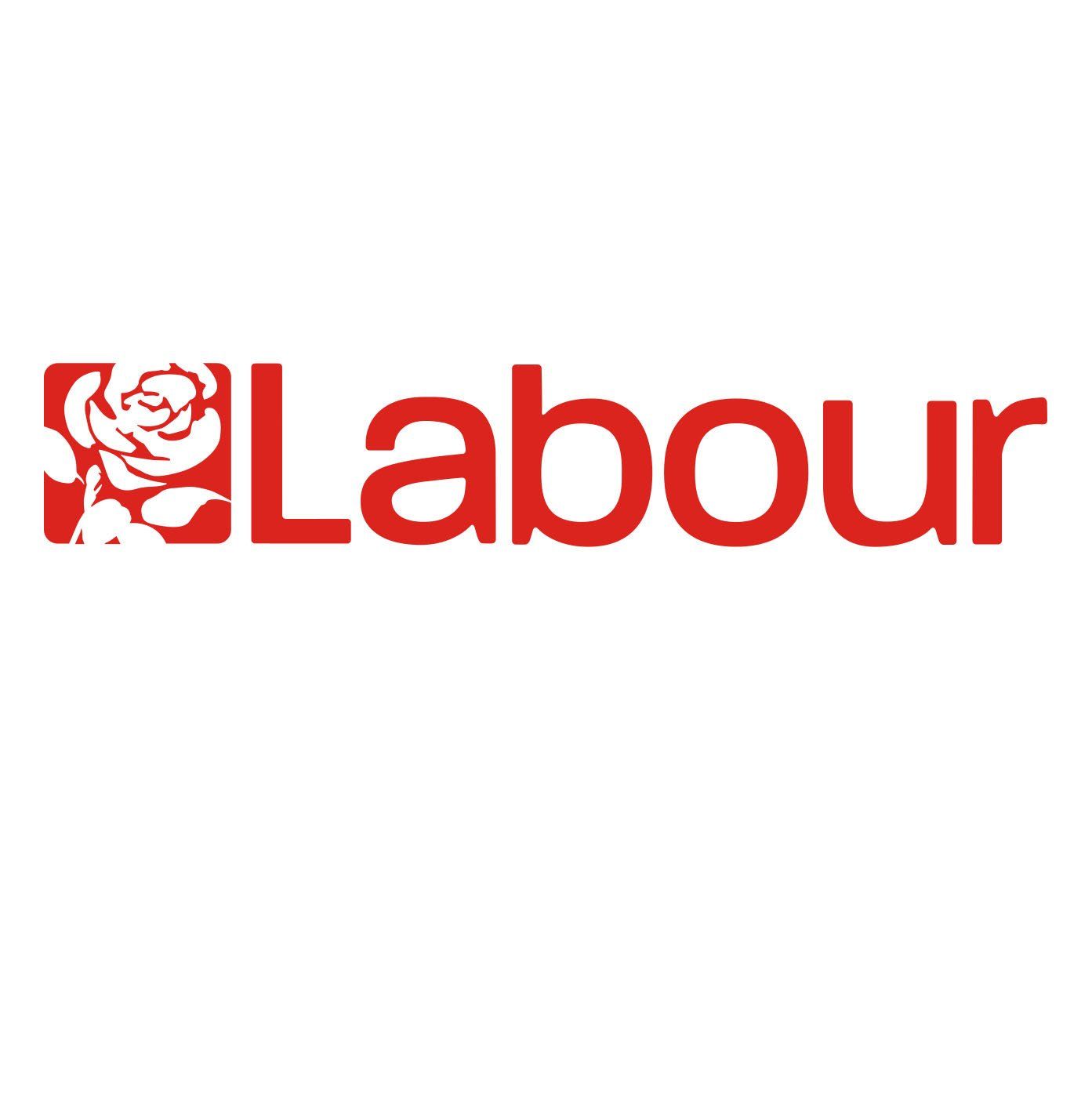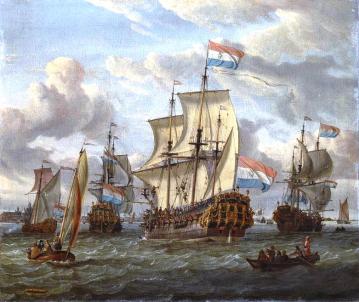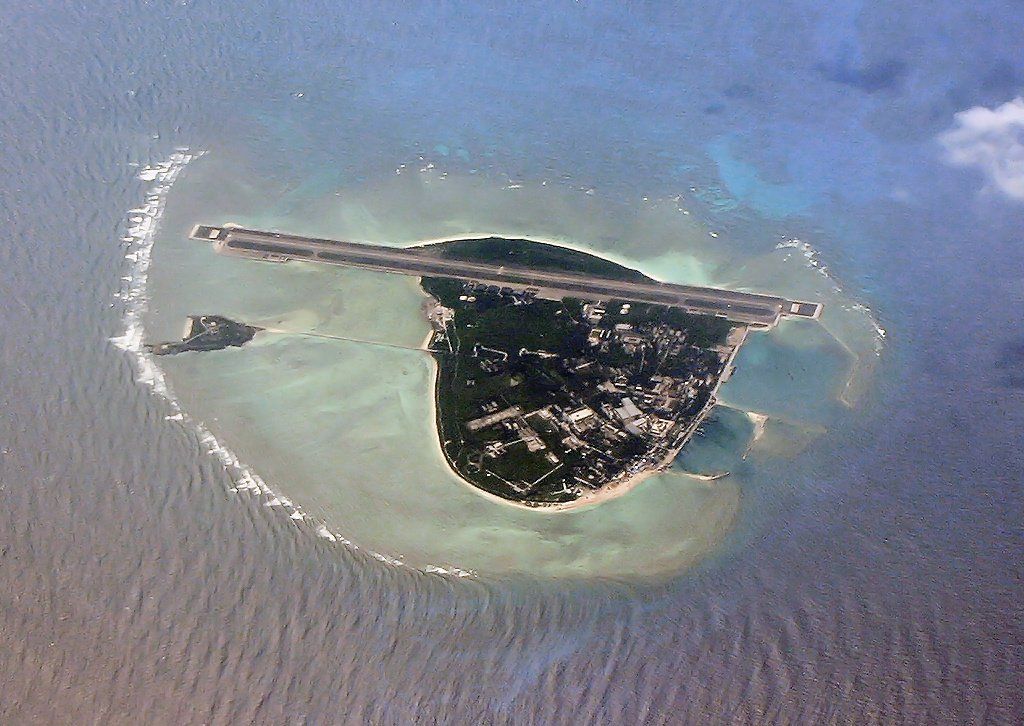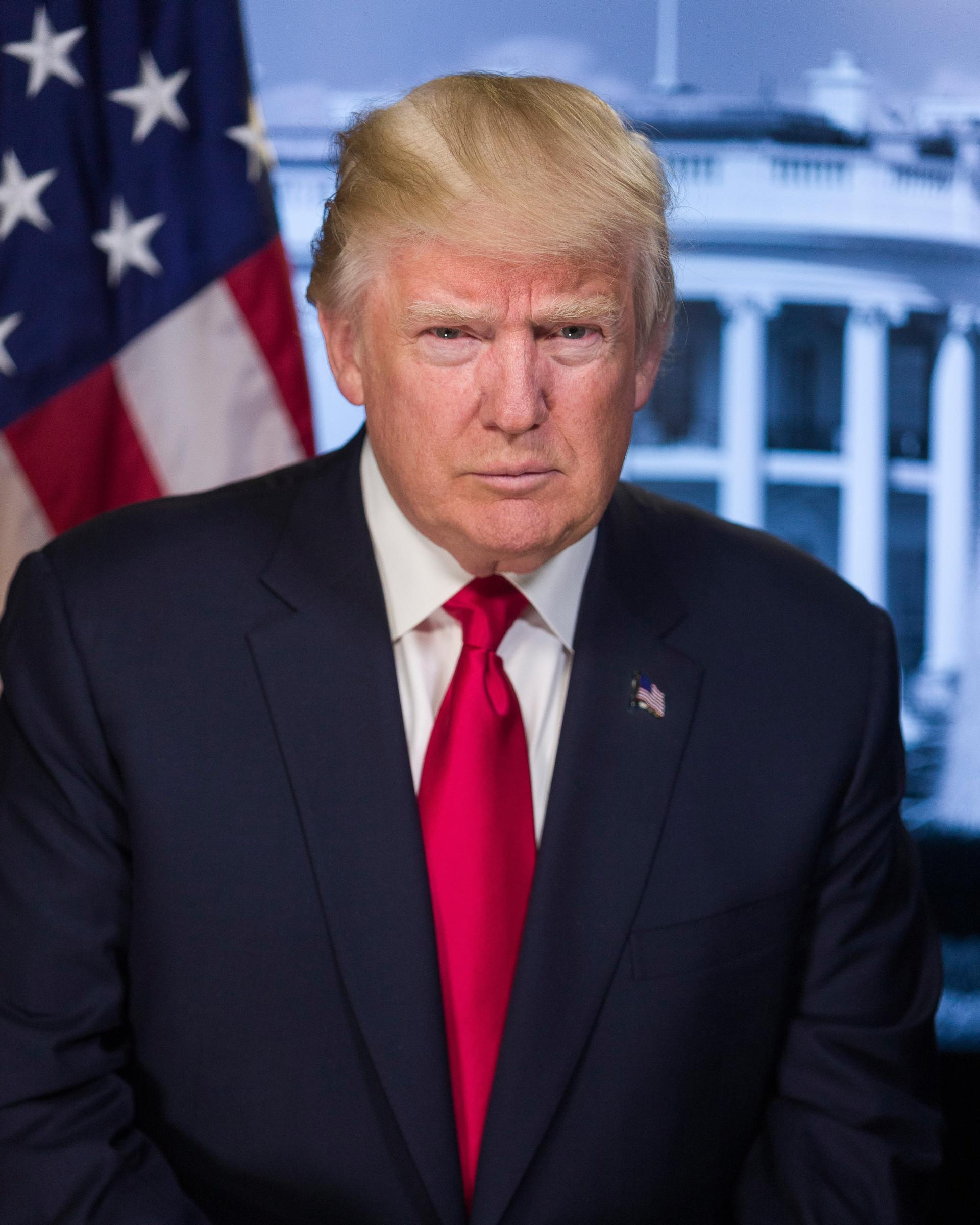Britain's post-Brexit trade flounders- what happened and why? The risks and opportunities
Share
Britain's 'big two' post-Brexit trade deals are on heading towards the rocks. How did we go from 'oven ready' to here?
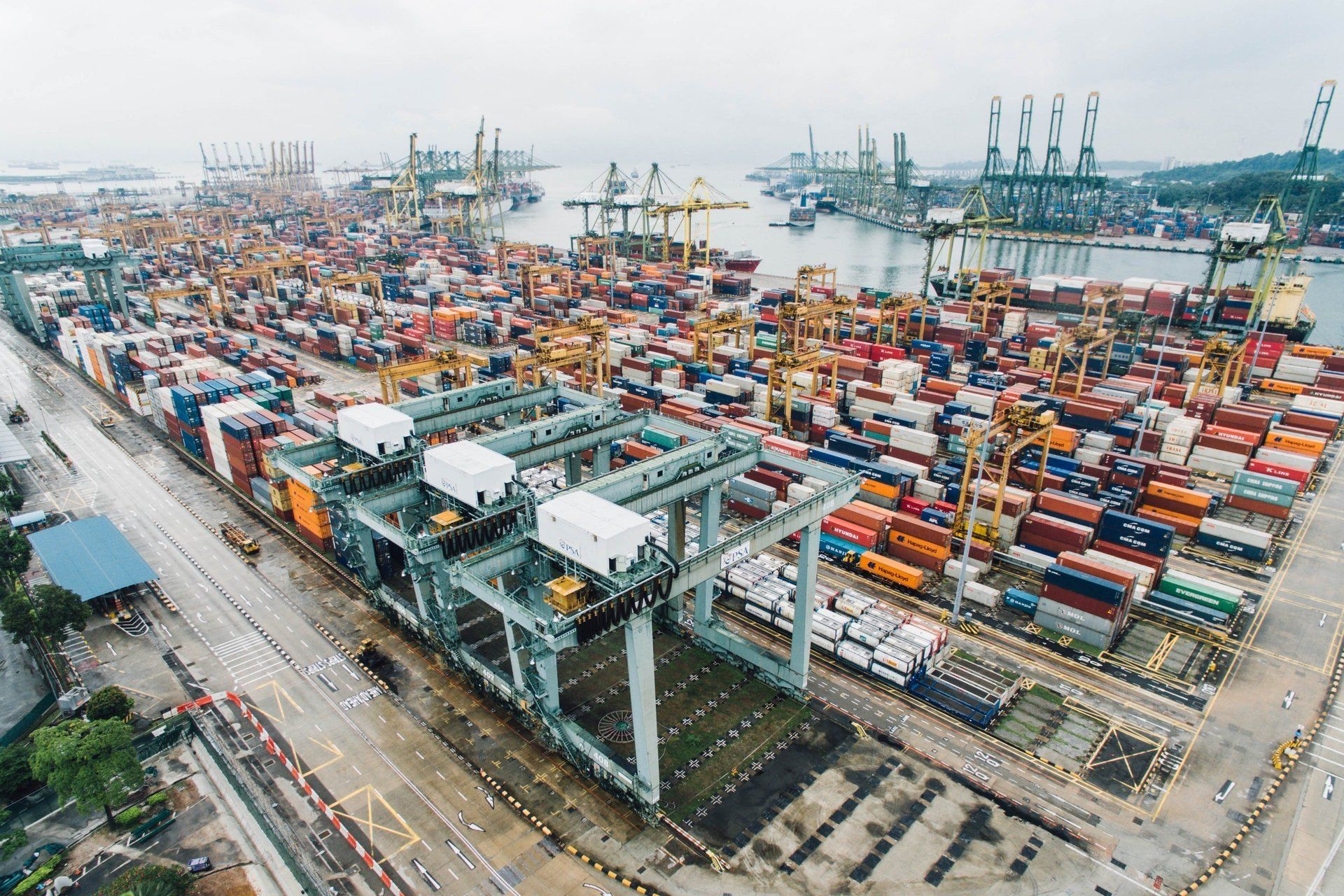
The 'big two' trade deals that Britain needs to secure its existing 'post-Brexit' economic security (let alone growth) are now in doubt. The Financial Times and Reuters both report that the British government have 'abandoned hopes' of reaching a deal with the US ahead of the coming presidential election in Autumn.
Likewise, the Telegraph and Reuters report (coincidentally also today) that 'the government expects it will trade with Europe on World Trade Organisation terms when the transition period ends'.
Why does this matter?
The EU case:
The EU is Britain's foremost trading partner by far. According to British government statistics, In 2019, UK exports to the EU were £300 billion which is 45% of all British exports. UK imports from the EU were £372 billion which is 51% of all UK imports. The extent to which we are still reliant on this market, despite Brexit cannot be overstated. Indeed in 2019 Britain's exports to the EU rose from 43% to 45- our market integration is increasing, making a 'good' Brexit deal (from an economic perspective) imperative.
World Trade Organization Terms are alas not a 'good' deal for Britain in the economic context as it would mean new tariffs and costs- in the government's own words;
'If we maintained our current external tariff regime and applied it to the EU, this would impose new tariffs on EU imports, driving up prices for consumers and disrupting business supply chains.'
If though the UK decided to unilaterally drop these tariffs to minimize at least any increase to our cost of living, it would mean also that under WTO rules the UK would have to drop it for all our trade partners which
in the government's own words would;
'open the UK to competition from other countries including those with unfair trading practices.'
Thus, destroying British jobs and industries as we become non-competitive (unless we are politically and socially willing of course to give up on working rights and protections, like sick pay, controlled working hours, minimum wage etc- highly unlikely, though there are small factions in politics advocating this).
The UK does have a plan to attempt to mitigate this issue though, it will implement (published in its March 2019) a new 'temporary' tariff regime in the case of a WTO Brexit, where Britain lowers tariffs to allow 87% of goods to be imported tariff free, while 13% will be subjected to tariffs to protect certain key sectors of the British economy from being out-competed globally- this includes tariffs to aid agriculture, the automotive industry, and products vulnerable to aggressive foreign competition like fertilizer, ceramics and bioethanol.
This plan favours a liberalizing 'free trade' basis for imports because
Britain has a trade deficit of £24 billion (It imports more than it exports). So, while it aims to protect British consumers from price rises by making it easier for foreign exporters to continue to sell their goods in Britain as cheaply as possible, it does nothing to address our trade balance (Or more correctly called ‘current account deficit’, economists differ on if this is simply a neutral issue for the UK, or if it has negative consequences in social, political and economic spheres).
It also of course does nothing to help British exporters (Remember the EU and US are our two biggest markets). If Britain unilaterally has to lower its tariffs for all WTO members like this, there would actually be very little incentive for any other state to sign a trade deal that is beneficial to Britain as they would have access to British markets on a no tariff basis without having to give us any reciprocal agreement in return.
This will have a detrimental impact on British exports and businesses as they under this tariff arrangement risk being vastly out-competed due to having increased costs and barriers selling their goods globally, while in their home market they also risk facing increasing competition on an 'even' playing field by larger international and foreign based companies who have a bigger war chest and better market stability to back them at home.
This could thus see British owned companies struggle and the specter of job losses loom. Especially as we are in an environment already economically scarred by Covid-19 for the next few years.
This is not to mention that services (which account for 81% of the UK's economy- we are not big manufacturers) are uniquely vulnerable as most tariff regimes and trade deals do not inherently cover the export of services (for instance there is a big issue for UK financial services in a WTO Brexit due to the limited protections WTO terms provides).
Why are we approaching a no-deal Brexit? Politics trumping economics:
The reason for this WTO Brexit is not that the EU and UK have fundamentally different economic goals, fears and aims (which can be negotiated and bargained around), but because there is a fundamental political disagreement and divergence happening (which is much harder to fix).
If we look at the areas of contention that are being blamed for holding up the talks, we have fishing rights, the European Court of Justice’s role in governance and the so-called ‘level playing field’ guarantees.
Of these, only Fishing rights is remotely about ‘trade’. For instance,
40% of Denmark’s fishing comes from British territorial waters. Yet this still is
only 0.5% of the Danish economy. Likewise
fishing for Britain is only 0.12% of our economy. While of course not represented in these figures are the secondary and service industries that are reliant, or make use of that fishing industry, these are still going to be relatively small elements of the overall economy for both Britain, and the EU states. However,
Fishing has become a key stumbling point and blown up in the media.
While remain-supporting analysis of this tends to point out the sheer ludicrous nature of Britain crashing out of it’s largest market due to wanting to protect 0.12% of its economy (trade deals often see far more economically important sectors subjected to horse trading), they tend to miss the bigger picture that both the EU and British governments are giving to this- that being the political and ideological statement it makes. Fishing rights have become embroiled in the ‘sovereignty’ element of the Brexit argument. It’s a symbol for Boris’ government, in the same way to use a ridiculous example, Stalingrad become a symbol for the Russians and Germans during the second world war. Strategically it makes no sense, but it’s become important to the political message, and stability of the government. Brexit means ‘taking back control’, and nothing says that like Britain being able to (in theory at least) control and police its own waters.
Likewise for the EU, they are worried about a ‘loose-cannon’ power on their northern border which may present an economic challenge, or fall into bed with a geopolitical rival (Like China, or as the US may fast be becoming given its disagreements with the EU). In this context keeping access to British waters is a reassuring achievement that essentially means no matter what happens there is something of a bridge still open to Britain, its not become an Island distant from EU influence.
It thus is essentially a sub-disagreement over the bigger argument surrounding the so-called ‘level playing field’ guarantee- this is where Britain agrees to abide by similar regulatory legislation and working rights as the EU does to ensure that that the UK doesn’t deregulate it’s economy, and lower its working protections as a way of gaining an ‘unfair’ competitive advantage against the EU.
Britain’s issue with this is again, sovereignty. While it’s very unlikely (and indeed the government has committed to enhancing British regulations and working rights) to ever happen, the idea of ‘Singapore-on-the-Thames’ would not get the backing of voters who would see their quality of life and work-life balance lowered, and indeed British businesses are against it, it’s the principal that matters. Britain is leaving the EU to ‘take back control’ thus, staying linked to the EU in a legislative matter does not meet this requirement. Indeed, Britain points out that Canada did not have to sign up to a ‘level playing field’ to secure its own trade deal with the EU. The EU’s response to this is to highlight the discrepancy in distance, which does matter in trade and geopolitics. Canada is too far away to set itself up as an aggressive economic rival to the EU which aims to divert investment and business to its own shores from the EU- its on the other side of the world. However, the UK is right on the EU’s shores and if it chose to deregulate aggressively and make itself attractive to foreign investment looking to invest in Europe from an infrastructure perspective, that would originally go to the EU, it would thus present a viable threat to EU interests as Britain occupies the same geopolitical space, has an advantageous position on global shipping routes, and could exploit this vis-à-vis the EU by lowering its entry barriers to levels the EU could not feasibly accept.
Sovereignty then and geopolitics are what is stalling and potentially preventing any EU-UK agreement to be reached before the deadline- these are concepts that unlike economics are not as ‘tangible’, they are far more interpretive and subjective and so far harder to resolve.
A note on Sovereignty:
This I would note (something I extensively went into in my Brexit talks) is something badly misunderstood and abused by both Remainers and Leavers. Sovereignty is not absolute, every trade deal a country signs involves it outsourcing some of its sovereignty (especially if it is the weaker party), and indeed the argument could fairly be made that if the UK really wanted to ‘take back control’ it would leave organizations like NATO, whose membership commits us to defend other NATO states (even if we have no real interest in doing so) who are attacked by a foreign aggressor- it thus in one school of thought, severely limits our foreign policy.
The US case:
Britain exported £118 billion worth of goods and services to the US in 2018. This is around 18.6% of UK exports.
UK Imports from the USA were worth £77 billion in 2018. which accounts for 11% of UK imports. The US then is our second largest trading partner (first, if you treat the EU as individual countries) and a key market for Britain.
To put the EU and US in perspective, the entire Commonwealth (including India, Canada, Australia et al) accounts for 9.3% of UK exports (£65.2 billion) and 8.9% of imports (or £64.5 billion). You can see then just how much of British trade is geared towards the EU and US, with limited (current) opportunities for making up this loss elsewhere (especially as China given current geopolitical tensions is no longer a viable, or safe, potential trade partner).
It was thus expected that a Free Trade Agreement with the USA might pick up some (as again EU trade is worth slightly more than double to Britain) of the slack, and mitigate a portion of the short/medium term economic consequences that a no-deal WTO Brexit would have for the UK, given that there are now readily available large markets out there to pick up the loss.
However, it appears that no new US deal will be signed in the immediate future, despite a WTO Brexit looming now with only a few days before Boris's July deadline for an EU agreement. Effectively the UK will not have its hoped-for cushion of US trade to soften the blow.
The reasons for this with the US are many, as I've written about before (see my blog 'indebted to history') the US always plays hardball in its trade deals, and nearly always manages to protect its interests while gaining significant concessions from the smaller party. In this case the US are gunning for access to British agricultural markets and the NHS and do not have the same 'need' to get an FTA signed with the UK as the UK does with the US.
The power-imbalance and tough US line has led Britain's trade minister Liz Truss to have criticized the US government
by complaining they talk “a good game” on free trade while restricting import access. The US is not merely gunning for as much as it can get, while giving away as little as it has to, but also has its eye on influencing British policy (again sovereignty rears its head), for instance in
demanding the UK drop plans for a digital tax lest it sour relations,
a demand that Britain promptly capitulated to in January this year. The US also identifies the
UK and US have competing business interests in the spheres of financial services, investment, e-commerce, and pharmaceuticals. The UK may have to be prepared to throw these under the bus, alongside agriculture if it is to finalize eventually a US FTA.
That this is a surprise to British officials perhaps shows the slow dawning of the responsibility that having an independent trade policy as a medium-sized power entails. The US already runs a trade surplus with the UK, and so will not want to change things to allow the UK’s position to improve against it, without getting significant concessions.
The US will naturally as it always historically has, leverage its advantages in economic clout and the fact Britain needs them, more than they need Britain to ease out the concessions they want, and they are prepared to walk away.
Indeed, according to the Telegraph and the Independent, the British government are now willing to potentially drop their protections of British farmers in the face of their US counterparts as a way to make progress back in May. This is a move that the National Farmers Union has said will essentially see the end of British farming as they simply cannot compete in the economies of scale that their US counterparts can. The death knell would truly be sounded if the US also gets its way in removing British farmers and companies’ ability to label their packages to identify themselves as British or show through the package labeling that their goods meet a higher regulatory standard.
Likewise, yesterday's vote in the Commons to not allow parliamentary scrutiny of trade deals to ensure the NHS is protected has sent warning bells to some that Britain is prepared to capitulate to US pressure on this point too. Though Conservative MP John Redwood rightly points out that Parliament already does have the ability to scrutinize trade deals (though not enshrined in law in the manner proposed).
The Biden Issue:
So, the loss of a 'fast' US FTA agreement is a blow to providing political, and at least some element of economic mitigation to the fallout of a WTO Brexit, but it also raises questions about the future viability of the
US FTA as a centrepiece for Boris's 'Global Britain'. While the Trump presidency is driving a very hard bargain currently,
Trump is at least in rhetoric, publicly favourable to securing a deal with the UK, partly as a move in the bigger US-EU trade deal negotiations (For instance it would be a chip to threaten the EU with if it doesn't back down on
its digital tax plans, which the US sees as an attack on its companies who dominate the market).
However, given a US FTA will now be signed after the presidential election, and given Joe Biden's lead in the polls, it's now equally likely that the UK will have to tackle a new presidency, with very different goals and outlooks.
Biden is on record as saying
that Brexit 'diminished' US interest in the UK,
he is much more orientated towards the EU, and appears to be against any FTA between the US and UK (Though Britain might potentially get around this by joining the Trans-Pacific Partnership, which the US under Biden would also likely join).
It's clear then that the best chance Britain has/had is to get what it can from an FTA with the US under Trump, lest it risk a far more difficult battle than it even currently is having with US trade negotiators.
So, what now?
Overall, this presents something of a political and economic set-back to the government's post-Brexit plans, ideologically, politically and economically a quick FTA with the US (and one that did not have too many negative consequences for British businesses) would have been a huge boon, not only strengthening the UK’s hand in the EU negotiations by providing a cushion to somewhat mitigate the damage, and also putting US weight behind the UK’s negotiating position, but also it would have somewhat started the validation of the Brexit project, which remains controversial domestically, with polling recently putting (with a hint of irony) Remain on 52% and Leave on 48% if a second referendum was to take place. Too close to really call one way or another, but clearly highlights how Britain remains polarized by Brexit.
Any economic fallout from these setbacks may be able to be politically covered by Covid-19, the fallout of the pandemic acting as a very useful scapegoat to hide the economic losses under, so its unlikely we’ll see a Remainer backlash among the general public pending serious government media mismanagement, but it will mean that in the practical field of economics and creating prosperity and wealth, Britain will have to work significantly harder to secure favourable trade deals.
It also comes in the wake of smaller deals like Japan becoming harder for the UK to achievable a favourable outcome with. For instance, Japan set a very short timeline for talks, which gave it all the leverage and scuppered UK hopes for a comprehensive free trade agreement. While politically the faster timeline would give the British government something to publicize, in practice it means that economically British businesses miss out on gaining significant access to agriculture, manufacturing and services in the highly lucrative Japanese markets.
Japan did though dangle the prospect of Britain joining the Trans-Pacific Partnership, something the UK has now committed to doing. This is a trading block that constitutes 13% of global GDP in 2018 and which would rise to 16% if Britain joined. In 2019 Britain did according to government figures more than £110 billion worth of trade with Trans-Pacific Partnership countries, of whom 11 are also Commonwealth members. Thus, there is room for growth, and it could potentially help alleviate the loss somewhat of EU markets (Though not replace by any means), or the delay/loss of an FTA with the US.
Likewise the Commonwealth whose figures I presented early also present an alternative economic partnership if the political will might be marshalled, containing as it does both India and many states in Africa- two key regions that are set to become the economic powerhouses of the future potentially and so room for growth here is there.
However, both the Trans-Pacific Partnership and the Commonwealth and very long-term options and opportunities, requiring extensive and lengthy trade negotiations and political restructuring to become viable for the UK. There is currently no short- or medium-term replacement for the EU or US. This might become a political danger for the British government and may see British consumers and businesses take a hit.
Share
